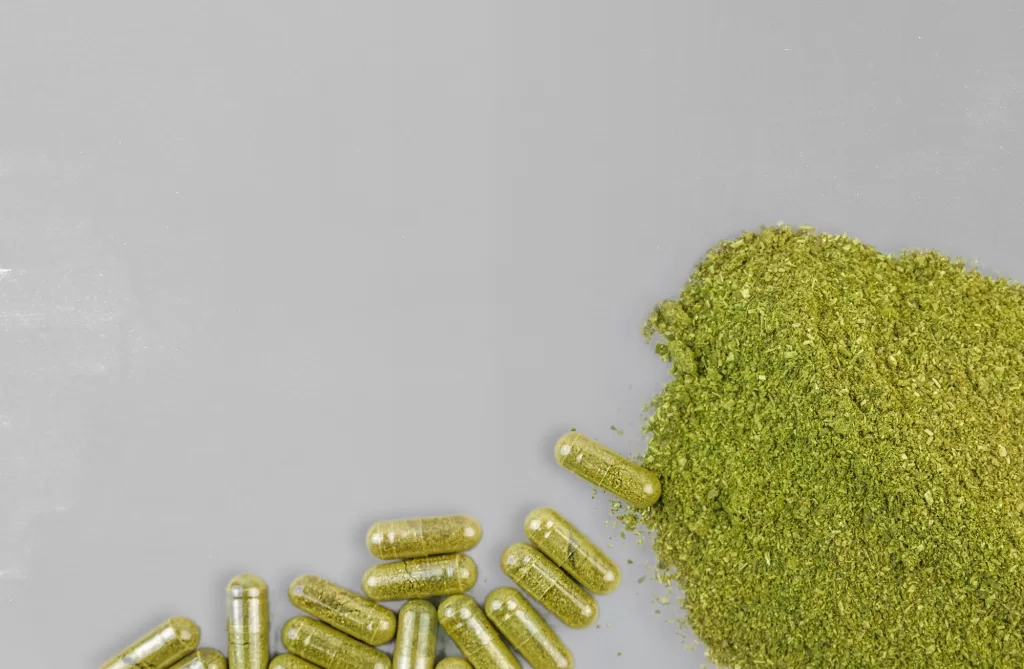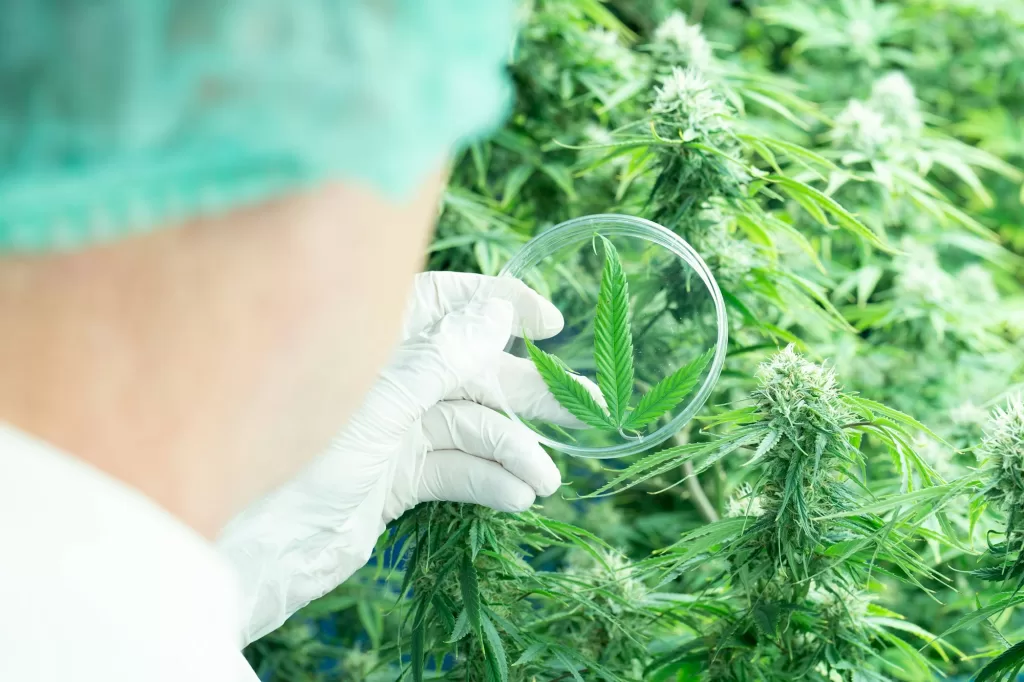Estimated reading time: 3 minutes
Kratom, a term becoming increasingly prevalent in the botanical and holistic wellness circles, has long been used in traditional medicine, but its recognition in the western world is a more recent phenomenon. For AccuScience Labs, delving into new and emergent substances, understanding their origins, and developing precise testing methodologies are critical components of our commitment to safety and innovation in the field.
What is Kratom?
Kratom, scientifically named Mitragyna speciosa, is a tropical evergreen tree native to Southeast Asia, particularly in countries like Thailand, Indonesia, and Malaysia. The tree belongs to the coffee family, Rubiaceae. Traditional usage dates back centuries, with local populations chewing kratom leaves or brewing them in tea for their stimulant effects and pain relief properties.
How is Kratom Derived?
The primary active compounds in kratom are alkaloids, mainly mitragynine and 7-hydroxymitragynine. These alkaloids are responsible for the plant’s unique pharmacological effects. Kratom leaves are typically harvested and dried, varying in fermentation and drying times, which leads to different strains. The dried leaves can then be ground into a powder, which can be encapsulated, brewed in teas, or extracted for more concentrated forms.
The Rise in Popularity
Kratom began gaining traction in the Western world around the early 2000s, perceived as an alternative therapy for pain management, anxiety, depression, and even opioid withdrawal. The global wellness trend and an increased focus on natural and holistic remedies have contributed to its rising popularity, making it a subject of intrigue and study.
However, kratom’s increasing popularity comes with controversy and debates regarding its legality, safety, and potential abuse, causing it to be a controlled or banned substance in various countries and states.
Kratom Testing at AccuScience Labs
Understanding the complexities and diverse nature of kratom is crucial for developing accurate testing methodologies. At AccuScience Labs, we employ a multifaceted approach to kratom testing:
- Identification and Quantification:
- High-Performance Liquid Chromatography (HPLC): This advanced technology is used for identifying and quantifying the alkaloid content, particularly mitragynine and 7-hydroxymitragynine, allowing for an accurate assessment of kratom’s potency.
- Gas Chromatography-Mass Spectrometry (GC-MS): Employed to detect and analyze various compounds within the kratom, providing a comprehensive profile of the sample.
- Contaminant Testing:
- Given kratom’s botanical nature, testing for contaminants such as heavy metals, pesticides, and microbial contaminants is essential to ensure the safety of the end consumer.
- Strain Verification:
- Different strains of kratom have different alkaloid profiles, and verifying the strain is crucial for accurate labeling and consumer information. AccuScience Labs conducts meticulous strain verification to uphold product integrity.
- Transparent and Prompt Reporting:
- AccuScience Labs prides itself on delivering prompt and clear results, ensuring manufacturers, distributors, and consumers are well-informed about the kratom’s composition and safety.
The Importance of Rigorous Testing
With the rise in kratom’s popularity and the ongoing debates regarding its legality and safety, rigorous and transparent testing becomes vitally important. It allows for informed decisions, consumer safety, and contributes to the overall understanding of this emergent botanical.
By testing kratom meticulously, AccuScience Labs aims to foster awareness, understanding, and safety regarding this ancient botanical, ensuring that every product is accurately represented, free from contaminants, and safe for consumption. Through innovation, collaboration, and a relentless pursuit of knowledge, we strive to be at the forefront of testing services for emerging substances like kratom, contributing to the evolving landscape of holistic wellness and natural remedies.
Related articles:







